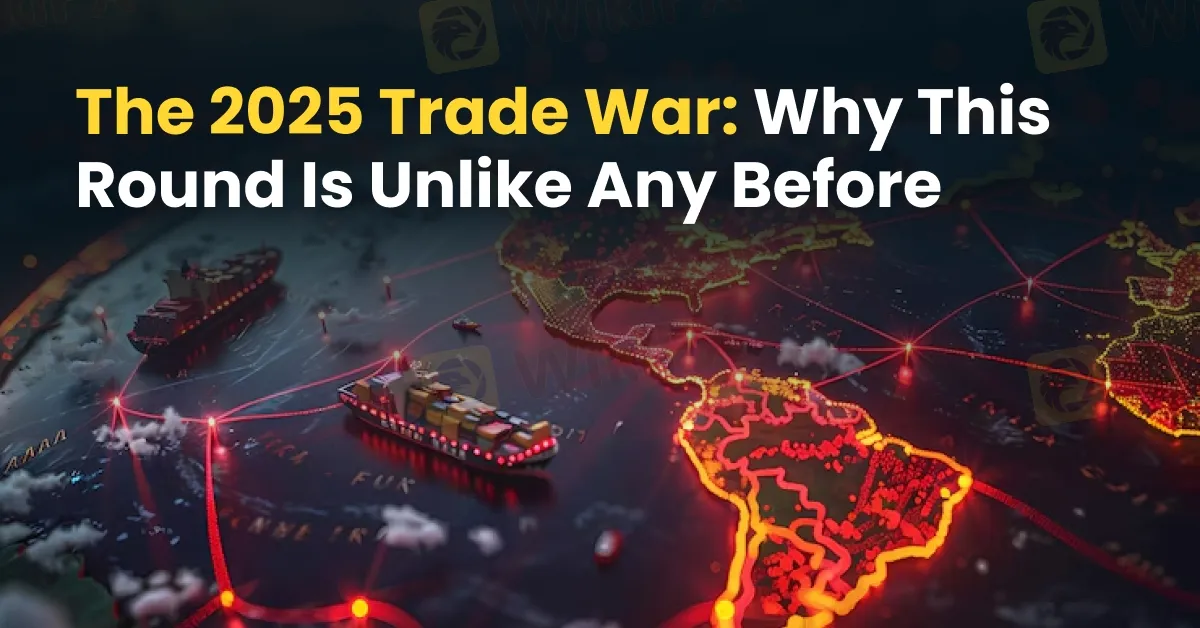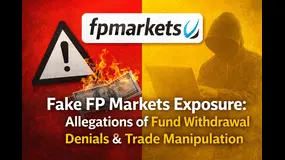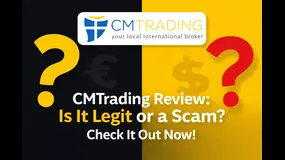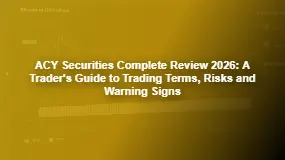Abstract:The 2025 iteration of the U.S.-China trade conflict has taken on a scale and complexity far surpassing previous episodes, marking a significant escalation under former President Donald Trump’s return to the White House.

The 2025 U.S.-China trade war is much bigger and more complex than any previous round. It began after Donald Trump returned to the White House and launched a wide-reaching tariff plan, not just against China, but against more than 100 countries. China, however, remains the main target.
In 2024, the U.S. saw a sharp rise in its trade deficit, which is the gap between what it imports and exports, with China as its biggest contributor. As a result, the U.S. added a new 34% tariff on Chinese imports. With earlier tariffs included, the total average tariff on Chinese goods has now reached a record high of 65%. This is a major change from earlier trade disputes, where tariff increases were more limited. Now, Chinese exports face much tougher restrictions.
In the past, trade tensions mainly focused on traditional industries like steel and cars. But the 2025 dispute is different. It‘s heavily focused on advanced technologies. China’s progress in areas like artificial intelligence, especially with its breakthrough large model, DeepSeek, has caused serious concern in the U.S. In response, the U.S. has placed strong limits on tech exports to China, aiming to slow its development in key areas.

This new round of tariffs is also causing major problems for global supply chains. In the past, businesses could avoid some tariffs by shipping goods through third countries. But now, the U.S. is pressuring countries like Mexico and Canada to match its high tariffs on Chinese products. If they agree, they can avoid the new 25% tariff from the U.S. This strategy makes it harder for companies to use transhipment as a workaround and raises the cost of doing international business.
Unlike earlier trade wars, where most countries stayed out of the conflict, this time, many nations are affected and frustrated. With over 100 countries hit by tariffs, China now has a chance to build global partnerships. Instead of dealing with the U.S. alone, China is trying to work with other affected countries and even gain support from within the U.S. to push back against the tariff campaign.
Chinas response has also become more advanced. Instead of just raising tariffs in return, it has taken several steps. These include blacklisting U.S. companies, stopping some U.S. products from entering China, restricting exports of key rare earth materials, and taking legal action through the World Trade Organization. This shows a move from simple retaliation to a broader and more strategic approach.
In short, the 2025 U.S.-China trade war is very different from the past. It involves more countries, deeper technology disputes, and stronger impacts on global supply chains. It may reshape how global trade works for years to come.











